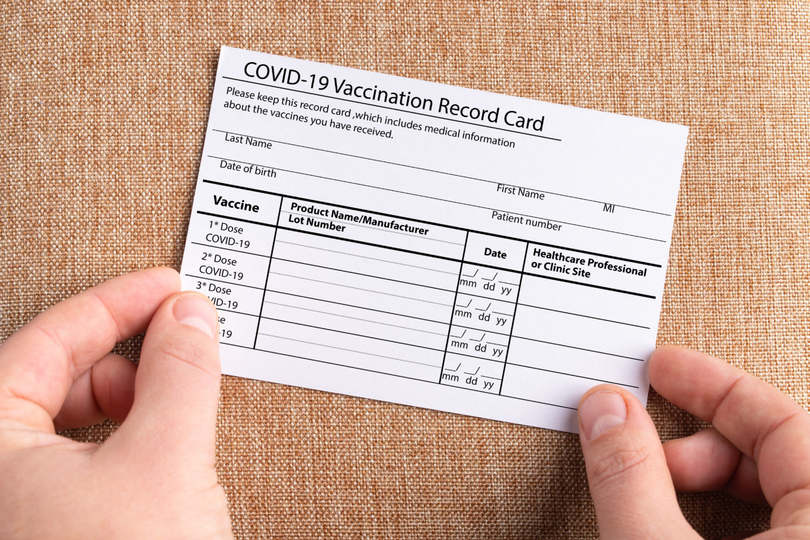The European Union would accept the Chinese and Russian vaccine in the joint protection certificate - this is contained in the proposal of the European Commission, which was obtained by the Bloomberg news agency.
The European Commission will present its proposal on the so-called protection certificate next week. The document can be introduced at the request of the southern member states and can prove the existence of a vaccine against the coronavirus or other types of protection. The goal is to make travel easier for the summer tourist season.
An employee of the Bloomberg news agency was able to take a look at the committee's proposal. Accordingly, the document can provide three types of certification:
- The existence of the vaccination, and what kind of vaccine the person received,
- The fact that the person showed a negative coronavirus test,
– Or that he has already suffered from the disease, thereby gaining natural protection.
The part that interests Hungarians the most is that the EU document certifying protection can also be obtained by those who have received the Chinese Sinopharm or the Russian Sputnik V vaccine, which is not approved in the EU.
The source of the news agency said that in addition to the European Medicines Agency's license, the emergency licenses of the member states will also be taken into account when issuing the document.
The other information about the plans is that the certificate will include the person's name, the number of their identity card or passport, their date of birth, and the type of vaccine and how many doses they received.
Currently, Chinese and Russian vaccines are being used in Hungary without an EU license, but a shipment of the Szputnyik V vaccine has already arrived in Slovakia.
The proposal will be officially presented in Brussels next week. The information released by the news agency does not mean that this version will actually be presented to the legislature, and Bloomberg's source also said that the text may still change.
The Bloomberg article notes that this proposal will likely have many critics, as several member states believe that Russia and China are using the issue of vaccine shipments for geopolitical purposes.












